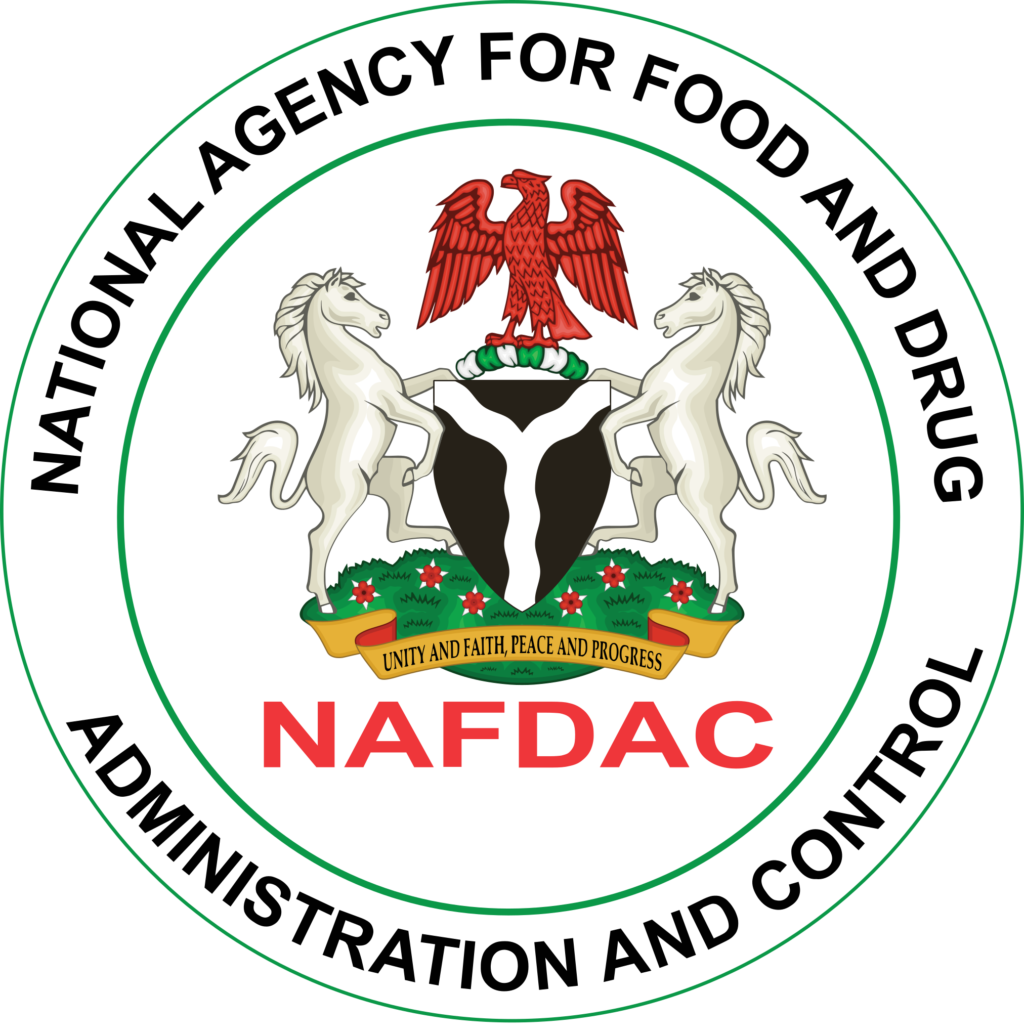Devastating Impact of Fake, Substandard Drugs on Nigerians

Counterfeit or fake and substandard drugs have increasingly become a significant public health concern. According to the National Agency for Drug Administration and Control (NAFDAC), up to 70% of drugs in circulation within Nigeria are either counterfeit or substandard.
It’s a malady with severe consequences on the health, quality of life and lifespan of Nigerians, local pharmaceutical companies and their investments, the government and the national economy.
A counterfeit or fake and substandard drug is any pharmaceutical product produced, distributed, marketed or sold with the intent to deceptively represent its origin, authenticity or effectiveness, according to Wikipedia.
One of the common characteristics of a counterfeit drug is that it contains inappropriate quantities of active ingredients or none at all. Another is that it can contain ingredients that are not on the label or packaging, or may provide inaccurate or false information. A counterfeit drug may also have stayed beyond its shelf life (that is, expired) but falsified and presented as authentic.
The production of a counterfeit drug is mostly sub optimal and most often not in conformity with pharmacological requirements and manufacturing standards. Profit-maximisation is the sole objective of counterfeiters.
The multibillion dollar Emzor Pharmaceutical’s US$23m Active Pharmaceutical Ingredients (API) manufacturing plant in Sagamu, Ogun State, is a classic example of investments by local investors in the pharmaceutical sector prone to the negative impact of counterfeiters. The complex known as Emzor Campus is a World Health Organization – (WHO) compliant factory occupying more than 60 Hectares of land and is the largest API facility in West Africa set up to combat the pervasive threat of malaria in Nigeria and sub Saharan Africa.
It is a cGMP-compliant facility with production capacity for 400 million metric tonnes of quality APIs annually; and has commenced the supply of millions of doses of medication ranging from antimalarials, pediatrics care, vitamins, and antiretrovirals to various international organisations through partnerships for public health intervention. It has created thousands of direct and indirect jobs, and is making a significant impact on the delivery of quality healthcare services not only in Nigeria, but across the African continent. In addition, the API complex is boosting government revenues in taxes.
The investment has been commended as a significant investment by Emzor Pharmaceutical and a significant contributor to Nigeria’s GDP growth by a wide spectrum of influencers, including members of the Senate Committee on Health, Federal Ministry of Health top officials, and NAFDAC leadership.
If unhalted, the nefarious activities of fake drug producers can wipe out this huge investment and its significant positive impact on the country. Check this out: approximately 500,000 people reportedly die annually from counterfeit drugs in sub-Saharan Africa, Nigeria inclusive. Fake, substandard and expired drugs pose a significant economic burden on the people; it increases the cost of treating ailments, while the efficacy of drugs is decreasing. Counterfeit drugs increase cases of drug resistance, prolonged treatment of ailments, frequent hospital visits and admissions, and deaths.
Counterfeit drugs put pressure on the disposable income of many Nigerians, particularly low-income earners. Nigeria’s healthcare system is also adversely impacted, with hospitals and health facilities becoming overwhelmed by a surge in patients seeking care.
The investments that go into setting up pharmaceutical manufacturing plants, plus the costs of importation of machineries and active ingredients not available locally are usually high. Investment capital is usually sourced from the international markets through the foreign exchange market and credits in addition to funds sourced from local banks. The repayment of the principal and interests on sourced Dollars-denominated investments funds are made in USD, while the local funds attract higher interest rates.
Rising activities of counterfeiters can lead to decline in sales, loss of market and revenue, and more devastating, loss of their investments for local drug makers.
The multiple raids on counterfeit drug cartels in Idumota, Aba and Onitsha by NAFDAC, a few weeks ago, would bolster the war against fake and substandard drugs in the country. Increasing regulatory, control and standardisation enforcement would ensure a safe pharmaceutical ecosystem. Not only will it safeguard the health and safety of Nigerians, it will bolster an enabling environment for local pharmaceutical companies to operate more efficiently, protect their investments, and boost investors’ confidence in the national economy.
A well-controlled pharmaceutical environment will also help the government by earning more revenues, thereby making funds available for the government to build more healthcare infrastructure and other essential services that can improve the quality of life of Nigerians.









